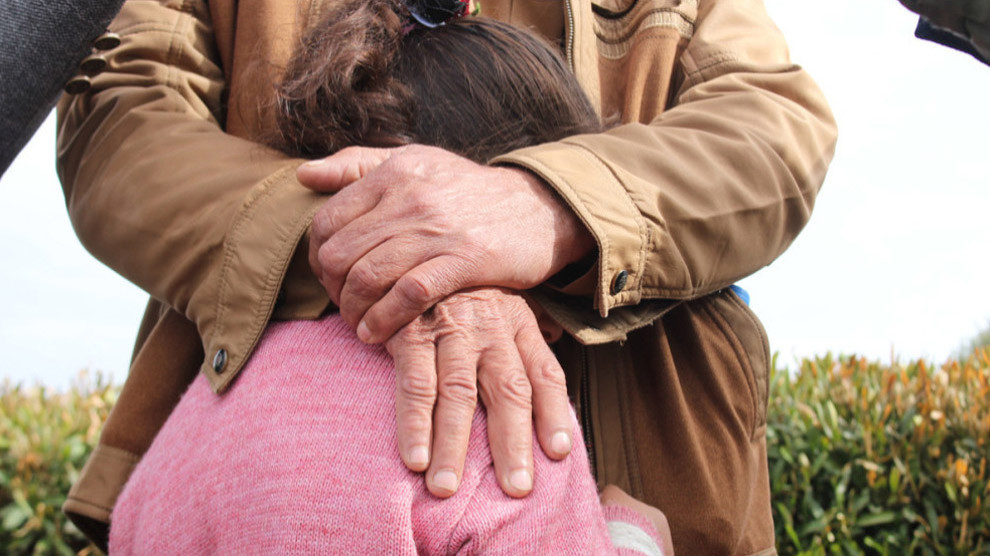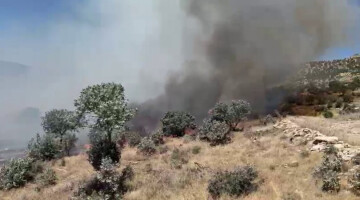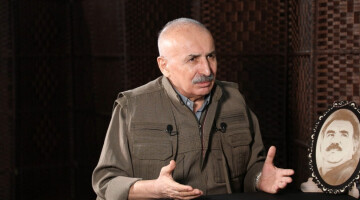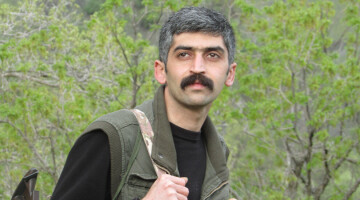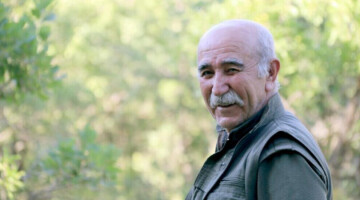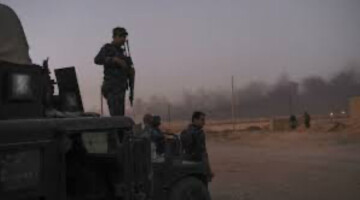In April 2019, a seven-year-old girl is abducted from her school and raped by three men in the southern Kurdish metropolis of Hewlêr (Erbil), the capital of the autonomous region of Kurdistan ruled by Barzanî’s party KDP. The main suspect - a 17-year-old named Ibrahim - is not an unknown person, but a nephew of the girl's stepmother. She confides in her, but instead of calling for help, the woman takes violent action against the traumatised child. She pours hot liquid over one leg, threatening the girl to keep her quiet. The father, a Peshmerga veteran of the PUK (Patriotic Union of Kurdistan), learns of his daughter's case. In June he goes to the police and reports the rape. The perpetrators are quickly caught and the girl's stepmother and aunt are also arrested. Shortly afterwards, all five are released by a court on bail. The father goes to the police again. The police are now apparently doing their utmost to keep the case under wraps and protect the perpetrators from justice.
Meanwhile the rapists try to kidnap the girl again - fortunately without success. The father turns to the press, saying that one of the perpetrators is the bodyguard of an influential KDP official, but few media reports about the case. He does not give up, goes to the police again, claims to be pressured by the families of the rapists because they hope for a " settlement out of court", but this time the corrupt security apparatus of Southern Kurdistan openly stands behind the perpetrators, utters threats against the man, suggests him not to go public and to withdraw his charges against the trio, saying that otherwise his life cannot be guaranteed. The man complains in vain to high-ranking KDP politicians, addresses human rights organisations. In the meantime two of the perpetrators are again briefly arrested. The father denounces in court that legal decisions are guided by political considerations. It turns out that the head of the school has reported as many as seven sightings of a group of young men molesting children to the security authorities. But instead of taking action, the police ignored the warnings. By now it was clear to everyone that the case had been "politicised", that the judges were biased anyway and that they did not make their decisions objectively. The Peshmerga veteran sees the cause in the inner-Kurdish conflict between the PUK and the KDP.
Then, last Wednesday, the big taboo is broken: Loqman Îsmail, the father of the now eight-year-old girl, holds a press conference in the middle of Hewlêr. He is standing there in Şal û Şepik, the traditional clothing of Peshmerga fighters, which, as it is translated, means "facing death". Behind him, in the distance, is the Ala Rengîn, the flag of Kurdistan. Îsmail stands in front of several microphones and starts to talk. He gives details of the rape, hardly takes a breath, describes his fight for justice for his little daughter, tells about the death threats against him, the Southern Kurdistan’s justice system that is sick at every end, the influence of politics on justice and police matters and vice versa. And he demands the arrest of the perpetrators. Always at the man's side but with her back to the cameras: his little daughter.
Finally, on Friday, Samir Hawrami, spokesman for Deputy Prime Minister Qubad Talabani, declared that the government had intervened and started its own investigations. One suspect is now said to be in custody, but the girl's father denied this. All perpetrators are still at large, he said. According to Hawrami, the governor of Hewlêr himself has been entrusted with the case to ensure a thorough investigation. Meanwhile, the police rejected Îsmail's accusations of having threatened and coerced him . The authorities claimed that the investigation into the rape of the girl had been completed and the results had been forwarded to the competent court. The Ministry of the Interior also stated that it had formed a committee to investigate the case further.
Whether this is actually the case remains to be seen.
The rape of the now eight-year-old girl caused outrage and horror in Southern Kurdistan. The case has been the dominant topic in social networks for days. It is to be hoped that the crime will cause a huge public outcry. In the patriarchal society of Southern Kurdistan, which is characterised by an occupying mentality, sexual violence against women and girls is deeply rooted in some regions and is part of a comprehensive discrimination and oppression, which also includes the police and judiciary. A fundamental rethinking is needed in Southern Kurdistan.
RELATED NEWS:

